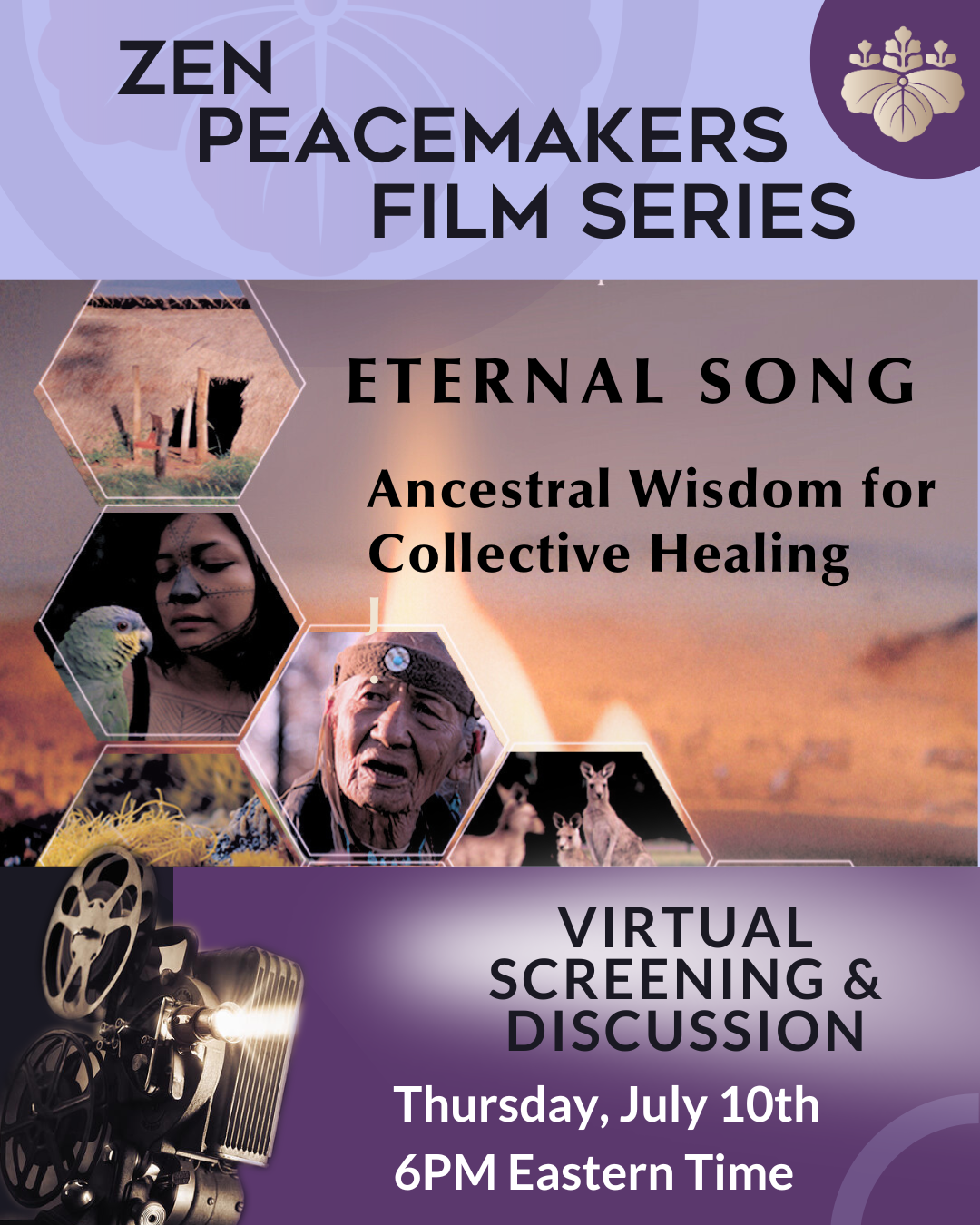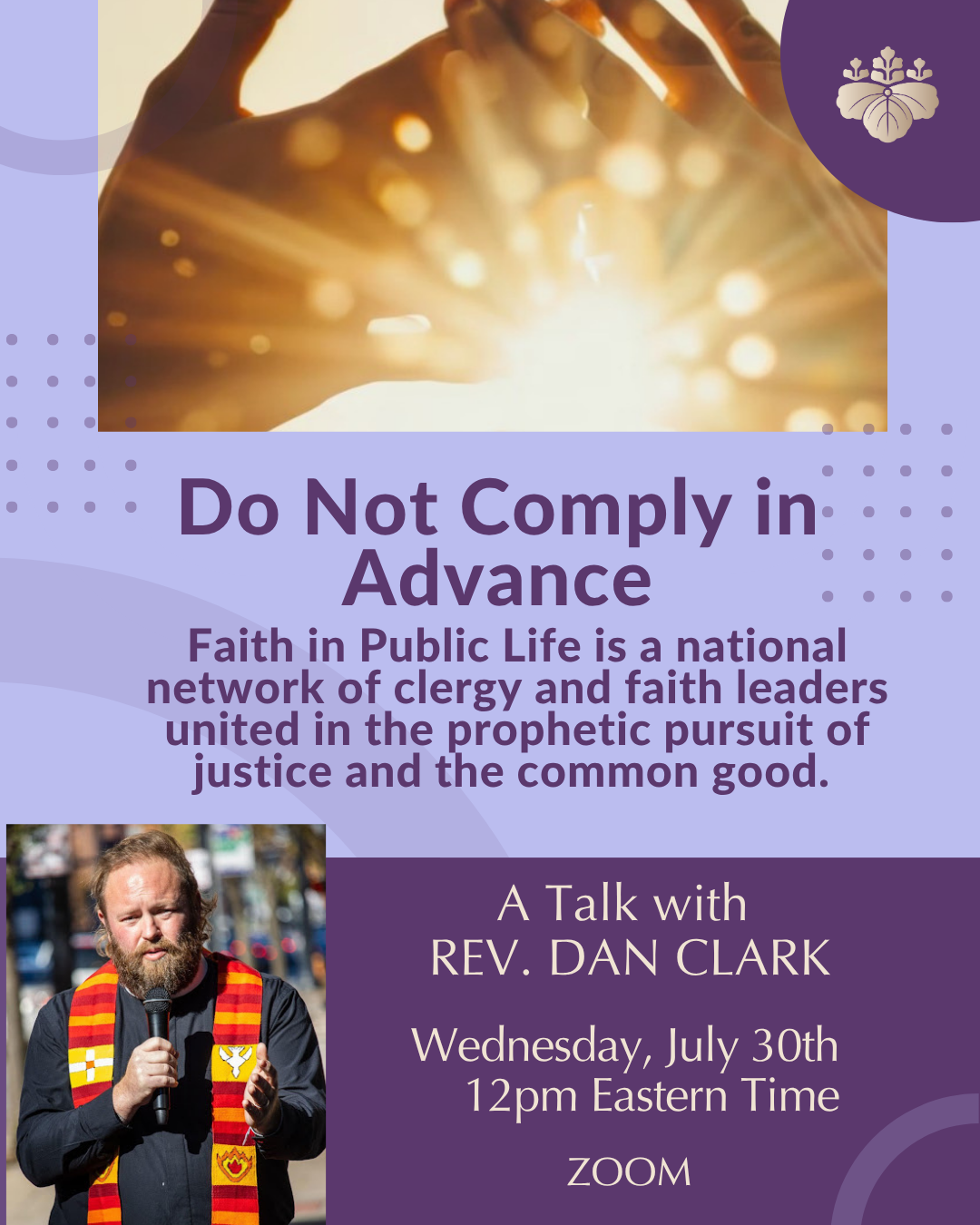You can also hear this schmoozing on listening by linking here.
Hi. Are you listening?
So, I’ve been thinking about listening. I just did a workshop in Seattle, Washington, at a synagogue called Bet Alef. It’s a meditative synagogue. And the workshop was on Saturday. But the evening before—Friday evening—I attended the services, and they asked me to lead them in meditation. And it was a beautiful service. And of course, we chanted the Shema.
The Shema is a prayer that’s chanted many times a day by religious Jews. And some of the words of the Shema are placed in mezuzahs. Mezuzahs are the items that you see in Jewish households when you enter the doorway. And in that item that’s nailed to the doorpost are some words from the Shema.
Shema means listen. And it reminded me that the beginning of all the Buddhist sutras is “listen” (“thus have I heard” actually). And we use that phrase, “thus have I heard” as a koan. Because that first phrase “thus have I heard,” in a sense we call that “listen.” In a way, that’s the essence of all of the sutras. That’s the essence of all of the teachings. And the rest of the sutras I would call commentary.
The Bodhisattva of Compassion, the Icon of Compassion in Japanese is called Kannon, or Kanzeon. And Kan is to deeply listen, on—the sounds, ze—the earth. Kanzeon is to deeply listen to the sounds of the Earth—Shema in Hebrew.
In Zen Peacemakers, one of the important practices that we do is the way of council. And one of the principals in the way of council is to listen from the heart. Not from the brain, from the heart.
At the workshop in Seattle, I met Leah Green who is the founder of a beautiful not-for-profit called the Compassionate Listening Project. And whenever we do peace work at our bearing witness retreats, we do council and talk about listening from the heart.
I studied for a year with Krishnamurti. It was quite a while ago. We would meet, for about a year, on weekends, a group of people, he’d talk with us. And he would try to bring us to a state of what he called “learning.” And he would ask, “What is learning?” And that state of learning was the state of deep listening. Because if you hear things from the brain—that is, if you hear things through the concepts and ideas we have in our bag—you can’t learn anything new. You’ve already got this concept tucked away that you’re attached to. And everything you see is seen through that filter (or heard).
So listening is not just from the ears. We listen with the full body. We listen with our whole sense—with all our energy. And in fact, in that Hebrew prayer, the Shema, the words that are written on the doorsteps—and actually I use those words in our Buddhist liturgy, The Gate of Sweet Nectar—those words are “with all our might.” Be ready. Listen. Be there with no attachment to anything. Just keep listening.
Have you heard that?
OK. Till next time, keep on listening.




; In all His dealings with us He works by tnkaig us out of the way and substituting Christ in our place. The Son of God died instead of us for our forgiveness: He lives instead of us for our deliverance. So we can speak of two substitutions—a Substitute on the Cross who secures our forgiveness and a Substitute within who secures our victory. (The Normal Christian Life)I have victory in Jesus my sins are forgiven and I am delivered from the old man’!